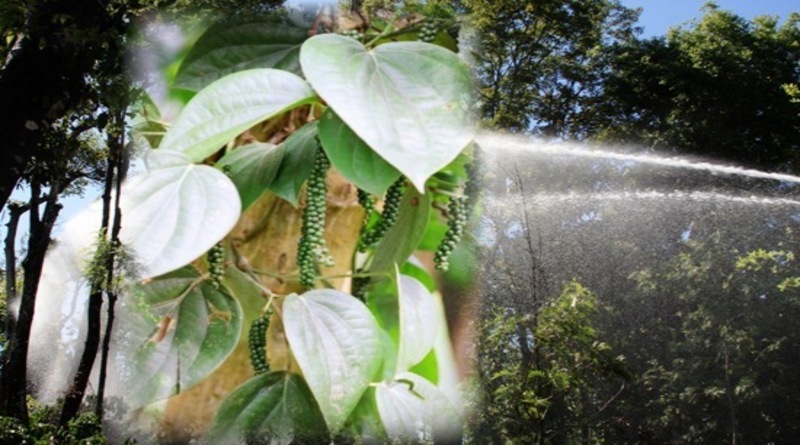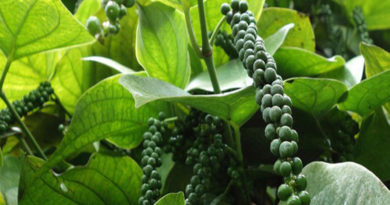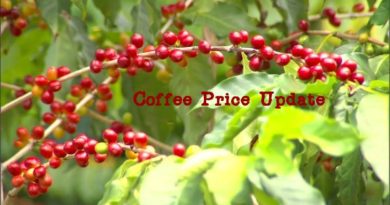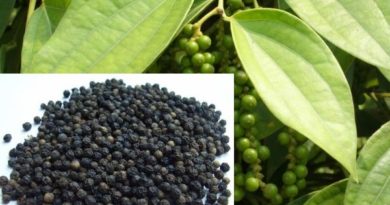GAP-Importance of Summer Irrigation in Black Pepper
Importance of GAP
Good Agricultural Practices or GAP are “practices that need to be applied on farms to ensure food safety during pre-production, production, harvest and post-harvest. In many cases such practices also help protect the environment and safety of workers”. They are a collection of principles to apply for farm production and post-production processes resulting in safe and healthy food and non-agricultural products while taking into account economic, social and environmental sustainability. Their purpose varies from fulfillment of trade and government regulatory requirements, in particular with regard to food safety and quality, to more specific requirements of specialty or niche markets. In addition to facilitation of market access, reduction in noncompliance risks regarding pesticide residues and microbial and other contaminant hazards may be achieved. GAP schemes are predominantly consumer driven and incorporate trace-ability requirements as an important part of their food safety measures.
Importance of Summer Irrigation in Black Pepper
Irrigating Black Pepper vines during summer (March 15th till Monsoon arrives) at fortnightly interval enhances productivity by 90 to 100% compared to unirrigated crop.
Vines are irrigated at the basin through hose and 50 litres per vine is recommended (15 years and above).
This can be reduced to 40 litres per vine for 11-15 years age group and 30 litres for vines aged between 5 – 10 years.
The spiking will be uniform in the irrigated crop as most of the spikes (> 90%) emerge by July while in rain fed crop only around 60% of spikes emerge in July and may extend till September.
Spike length will be comparatively more in irrigated crop.
Important Things to Keep in Mind
- It is important that any water used for irrigation is tested to ensure that it is free from pesticide residues from other crop run-off further upstream.
- With regard to disease spread it is better if trickle irrigation can be used as this has the benefit of ensuring that water supplies are used sparingly and also has the benefit that if plant protection chemicals are required these can be delivered directly to the plant.
- Flood irrigation techniques use excessive amounts of water and also increase the risk of spreading disease throughout any particular growing area.
- When using surface water for irrigation, test quarterly for fecal coliforms, especially if water passes close to sewage treatment or livestock areas.
- Water may be filtered or put through a settling pond to improve water quality.
- Use potable water for crop protection sprays, such as fertilizer, herbicide or pesticide application
- Where feasible, use drip irrigation to reduce crop wetting and minimize the risk of microbial contamination and spread of contamination or disease.
- If overhead irrigation is used, use it early in the day, so that leaves dry quickly and thus microbial growth is minimized.
References:
[1] GOOD AGRICULTURAL PRACTICES BLACK PEPPER By
Directorate of Arecanut and Spices Development
Ministry of Agriculture, Government of India
Calicut 673005, Kerala, India



